“We cannot give back what has been lost – but we can give them a good study start”

(Photo: Luyi Liang)
CBS’ study administration is gearing up to welcome new students and reboot campus life for second- and third-year students. The students coming to CBS will be different after having coronavirus as a companion for 1.5 years claim three CBS employees working on this year’s study start.
When the calendar says week 34, CBS will be welcoming new students to campus. But the students who will step inside and fill up classrooms, auditoriums, group rooms and the common areas have had coronavirus as a companion for the past 1.5 years.
“They have been isolated and have missed out on various experiences, so they will be different from previous generations of students, and this is something we encourage the study start coordinators and guides to consider,” says Tine Løvig Simonsen, Senior Advisor at the Study Administration.
Mette Gøtterup-Tang, Study Coach at CBS, adds that the already enrolled student may also feel the effects of coronavirus:
“They can feel as if they have not learned what they should, as they have not been able to mirror themselves in their fellow students, and may feel insecure about their study techniques.”
Normally, study start focuses mainly on new CBS students, but this year’s study start will also offer activities for current students.
“We want to reboot and reintroduce our students to university life – especially students starting their third and fifth semesters. They have been at home for a very long time, and their first year as university students did not turn out as expected due to coronavirus,” says Maria Isabel Christensen, Senior Advisor at the Study Administration.
Several initiatives are already in place for the current students. For example, a catalogue of ideas for the study boards have been devised, including ideas for reintroducing the students to study techniques, a brush up on completed courses and a link to courses to come, as well as ideas for workshops and social events.
Also, bats, footballs and games of Kubb have been purchased for all students to use, explains Mette Gøtterup-Tang.
“It will be up to the individual study boards to pick and decide what they want to do for their students. The programs might not have the same needs, but there will be some activities for everyone,” she says and continues:
“It is not solely the students’ responsibility to get a good study start and reintroduction to life on campus, which is why we are here to support them. But we very much hope that many students will want to engage in making sure they get the best possible study start.”
An overwhelming start
Last year, CBS introduced a new study start format that extends the study start to an entire year – the so-called first-year experience. And the three study start planners expect it will take some extra time for the new students to get comfortable with studying at CBS.
“After being at home, it can seem overwhelming to begin studying, but since the study start will cover the entire first year, they will have regular events and introductions at a gradual tempo,” says Maria Isabel Christensen.
We very much hope that many students will want to engage in making sure they get the best possible study start
Mette Gøtterup-Tang
Moreover, interest in applying for positions as study start coordinators or guides has increased. Not only is that because the study start coordinators and study start guides want to give the new students a head start at CBS, they are also doing it to create an academic network, an inclusive culture and educational community for themselves, explains Tine Løvig Simonsen.
“If we look at the more than 100 wellbeing ambassadors, they have not only engaged with their own programs, they have also opted to meet new people and expand their own network at CBS. And it is the same with the study start coordinators and guides, they want to connect with each other and get to know new people,” she says.
Questions will be asked – perhaps more than usually
Overall, the three study start planners advise study boards, teachers, study start coordinators and guides to be more open and patient. Both with the new students coming in, but also with those returning after a year or more in isolation.
“It’s likely they will have more questions and feel insecure. Maybe some of them will not have had the time to develop good study techniques or are in doubt generally, or feel anxious or uncertainty of the time they have lost. So be open to one another and the fact that we can have totally different experiences with coronavirus,” says Mette Gøtterup-Tang.
Maria Isabel Christensen adds:
“When they arrive, the new students are likely to behave differently to what we expect, so make sure to be attentive to them.”
The three study start planners reflect on how coronavirus might have affected the students, and also reach another conclusion.
“It’s easy to think that coronavirus has only done harm. But it has also taught us a lot,” says Mette Gøtterup-Tang.
“Yes, maybe they just want to get back and just be together a lot and create new friendships and connect with each other. That’s likely too,” says Tine Løvig Simonsen and continues:
“We cannot give them back what has been lost – but we can give them a good study start.”



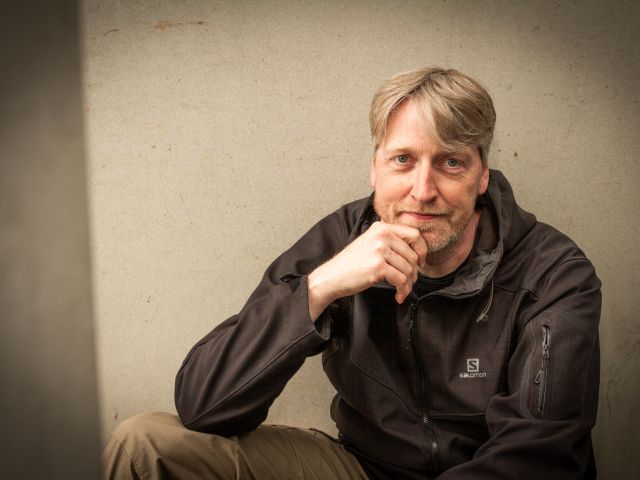
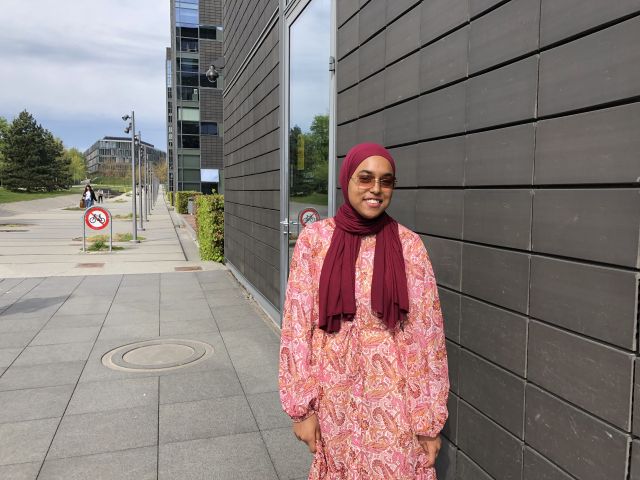
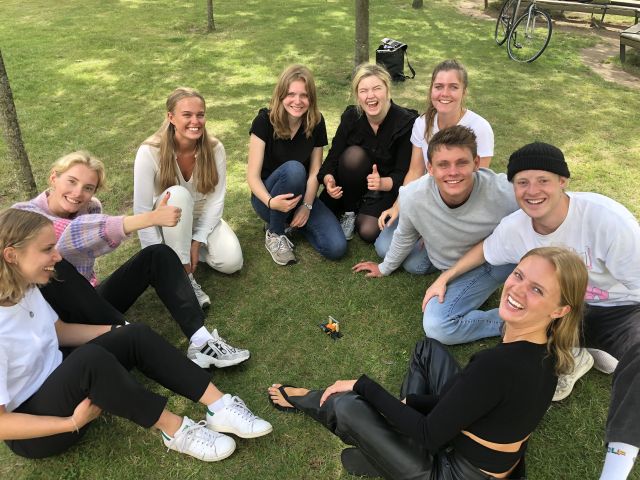
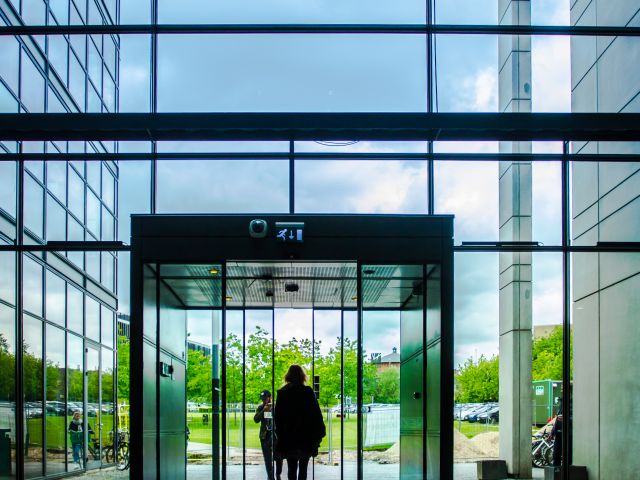
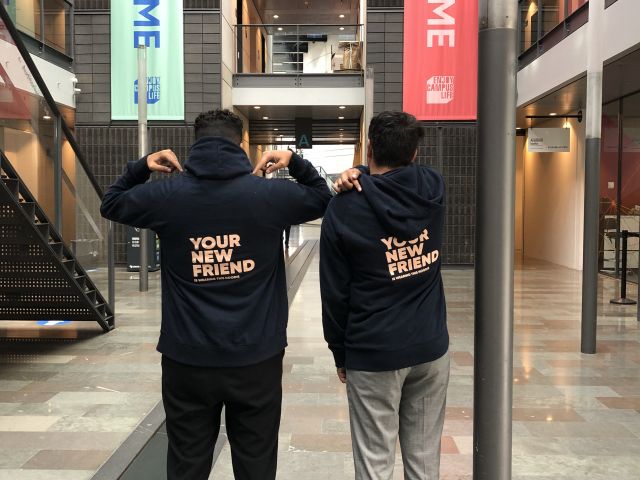
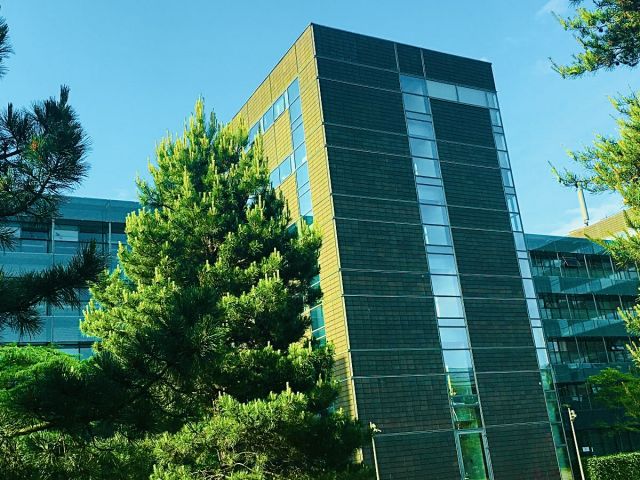





























































































































Comments